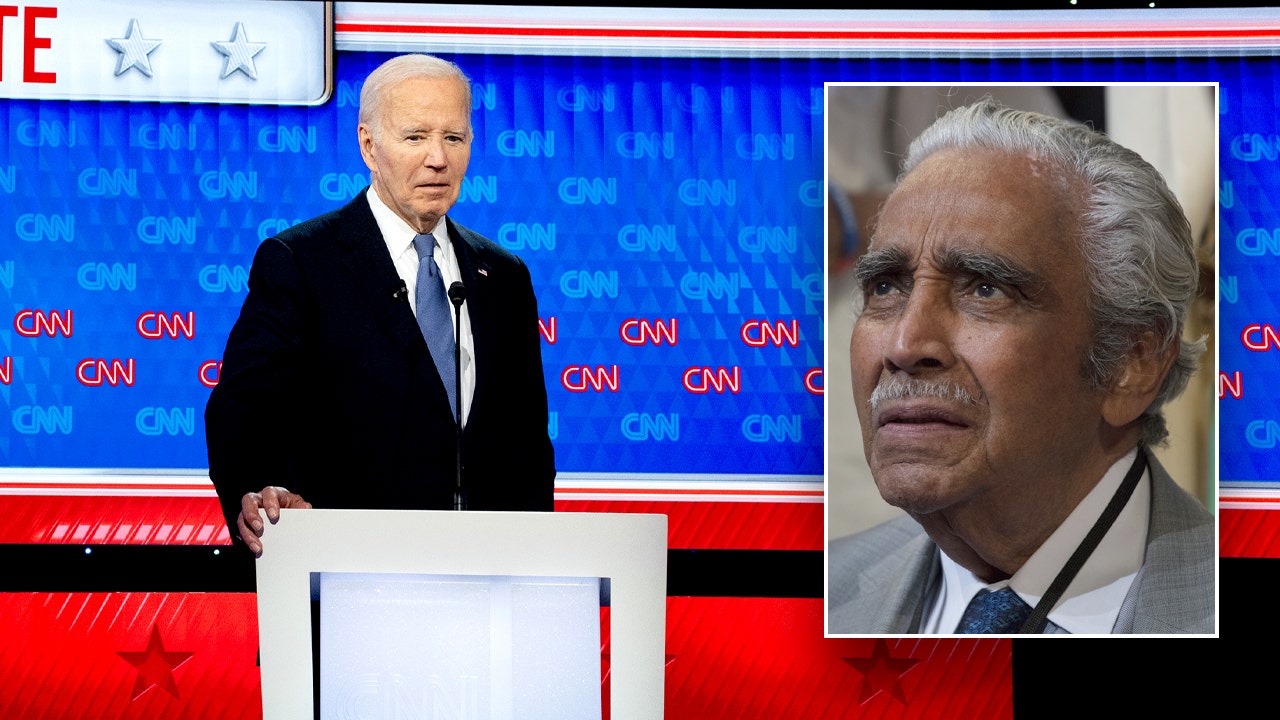
Louisiana Gov. Jeff Landry signs bills related to his education plan, Wednesday, June 19, 2024, at Our Lady of Fatima Catholic School in Lafayette, La. Civil liberties groups filed a lawsuit Monday, June 24, challenging Louisiana’s new law that requires the Ten Commandments to be displayed in every public school classroom. Brad Bowie/New Orleans Times-Picayune via AP, file
BATON ROUGE, La. — Even as a legal challenge is already underway over a new Louisiana law requiring the Ten Commandments to be displayed in classrooms, the details of how the mandate will be implemented and enforced remain murky.
Across the country there have been conservative pushes to incorporate religion into classrooms, from Florida legislation allowing school districts to have volunteer chaplains to counsel students to Oklahoma’s top education official ordering public schools to incorporate the Bible into lessons.
In Louisiana, the logistics for the new law are still unclear.
Unless a court halts the legislation, schools have just over five months until they will be required to have a poster-sized display of the Ten Commandments in all public school K-12 and state-funded university classrooms. But it’s unclear whether the new law has any teeth to enforce the requirement and penalize those who refuse to comply.
Supporters of the law say donations will pay for the thousands of posters needed, while critics argue the law is an unfunded mandate that could burden schools. And teachers in some schools have said they likely won’t hang the posters, including in the blue city of New Orleans, where residents and officials have a history of resisting conservative policies.
FUNDING THE REQUIREMENT
Louisiana has more than 1,300 public schools. Louisiana State University has nearly 1,000 classrooms at the main Baton Rouge campus alone and seven other campuses statewide. That means thousands of posters will be needed to satisfy the new law.
The Louisiana Department of Education is required by the new law to identify and post on its website resources that can provide the posters free of charge.
Lawmakers backing the bill said during debate in May that the posters or funds to print them will likely be donated to schools in this deep Bible Belt state. Nationwide praise for the law from conservative groups and figures including, most recently, former President Donald Trump, could result in outside financial support for the mandate.
Louisiana Family Forum, a Christian conservative organization, has already created a page on its website for donations that “will be used specifically for the purpose of producing and distributing ‘10 Commandments’ displays to educational institutions around Louisiana.”
But the question of what happens if a school doesn’t receive enough donations has lingered for months with little clarity.
“So schools have the ability to raise the funds or they (the posters) can be donated. But, what if you can’t raise the funds or find a donor?” state Sen. Royce Duplessis, a Democrat who voted against the law, asked during debate on the legislation last month.
“I don’t know what happens then,” replied state Sen. Adam Bass, a Republican who co-authored the law.
The Associated Press reached out to multiple co-authors of the bill, including Bass and the offices of Attorney General Liz Murrill, Louisiana State Superintendent of Education Cade Brumley and the state’s Board of Elementary and Secondary Education, but did not receive answers to questions about funding.
Lawmakers supporting the bill were adamant during debate that the law is clear in saying donations would be used to obtain the posters. Others suggest the law’s language may still allow for the purchase of displays through public funds.
“Louisiana’s law does not appear to prohibit the use of public funds to pay for the Ten Commandments displays. Such use of taxpayer money would only exacerbate this egregious constitutional violation,” said Rachel Laser, president and CEO at Americans United for Separation of Church and State, who opposes the law.
The law says it “shall not require” a public school governing authority to spend its funds to purchase displays. Instead, “to fund the displays free of charge, the school public governing authority shall” either accept donated funds to purchase the displays or accept donated displays.
Even with sufficient donations, opponents say the state is still spending money and resources to defend a lawsuit over a requirement that they argue is unconstitutional.
But supporters say it is a battle they are willing to fight.
ENFORCEMENT OF NEW LAW
Louisiana’s 2020 teacher of the year, Chris Dier, said he doesn’t intend to post the Ten Commandments in his classroom.
“I don’t believe in doing something that is unconstitutional and harmful to students,” said Dier, who teaches at a New Orleans high school.
It’s unclear whether failure to comply will result in punishment as the language in the law does not list any repercussions. While the law specifies that Louisiana’s Board of Elementary and Secondary Education adopt “rules and regulations” to ensure the “proper implementation” of the mandate, enforcement could fall to parish school boards or local school districts.
A similar law passed last year mandates “In God We Trust” be displayed in classrooms. The enforcement and penalties for noncompliance with that law are determined by local education agencies, said Kevin Calbert a spokesperson for the Louisiana Board of Elementary and Secondary Education.
The AP emailed 55 members of parish school boards across the state, including rural and urban parishes in Republican-dominated and Democratic-leaning areas, to ask if they support the law and how they plan to enforce it. Two replied, saying they support the mandate.
Carlos Luis Zervigon, vice president of the Orleans Parish School Board, thought differently, describing it as “blatantly unconstitutional.”
“I’ve heard no talk or interest in considering enforcing this,” the former history teacher said. “What would be my instinct, is to do nothing, unless forced to do so.”
With schools out and many school boards meeting less frequently in the summer, Zervigon said his board hasn’t yet talked about the requirement. However, if tasked with figuring out the implementation and enforcement of the mandate, he is likely to take a “wait-and-see attitude” until the court rules.
“I could see myself crafting a resolution that could say something to the effect of, ‘We will not enforce it until we get legal clarity of whether this is constitutional or not,’” he said.
However, if New Orleans takes the lead, Louisiana Gov. Jeff Landry “may exercise retribution,” Zervigon said.
Landry, a Republican, attempted to punish New Orleans in the past after city officials expressed opposition to enforcement of Louisiana’s near-total abortion ban.
« Previous
Related Stories

/cloudfront-us-east-1.images.arcpublishing.com/gray/O2E2KUM5H5GUBA2ZJZBQZBLQDM.jpg)































